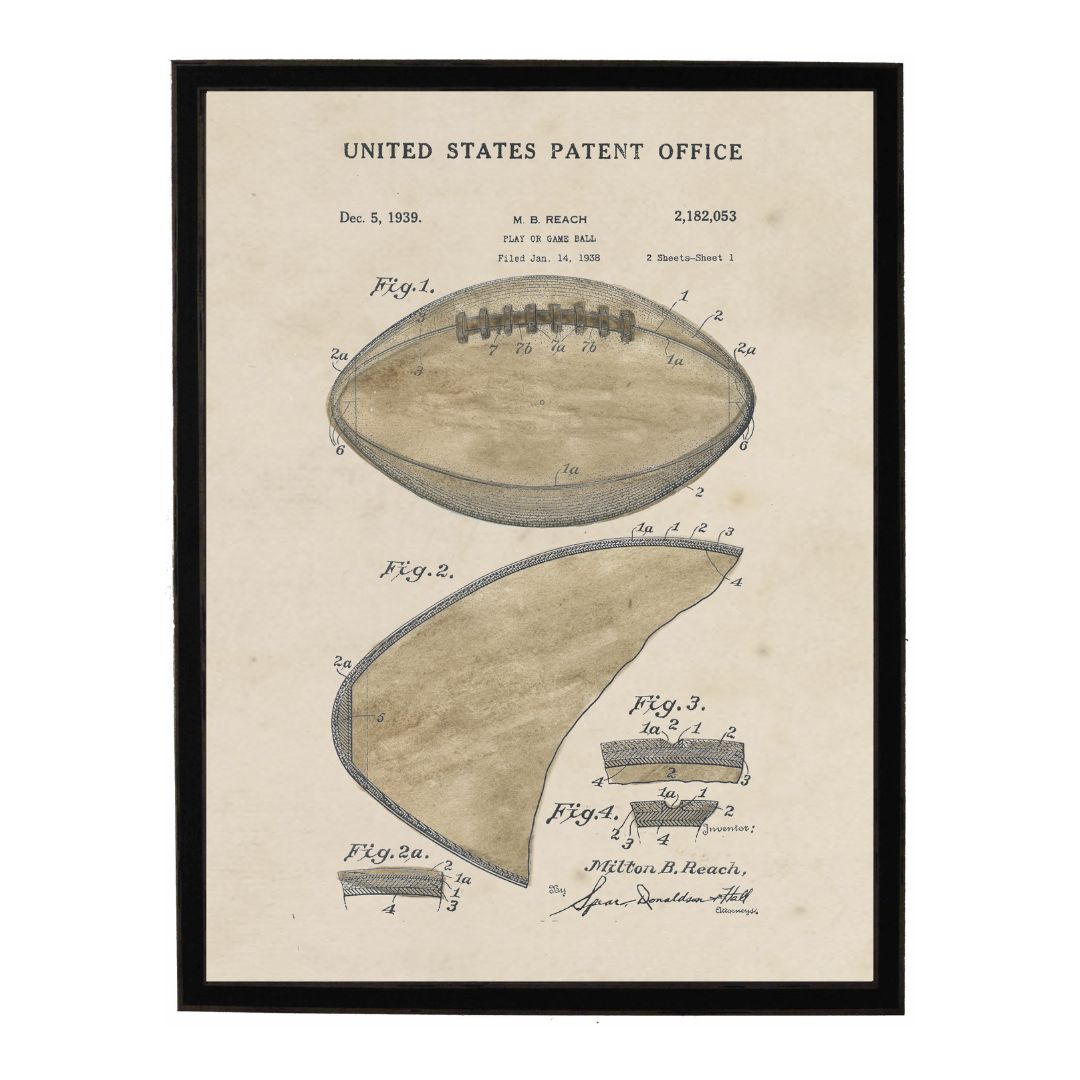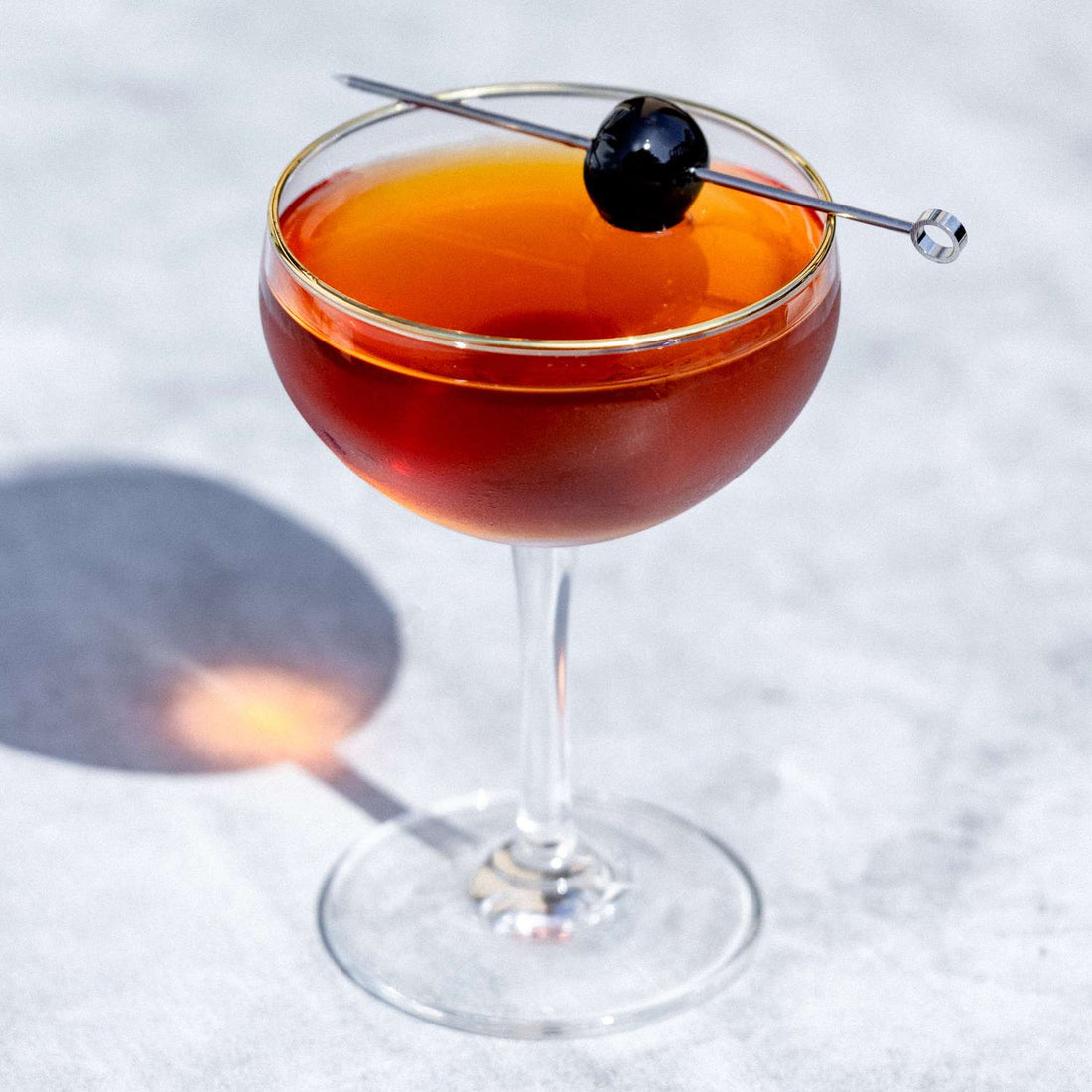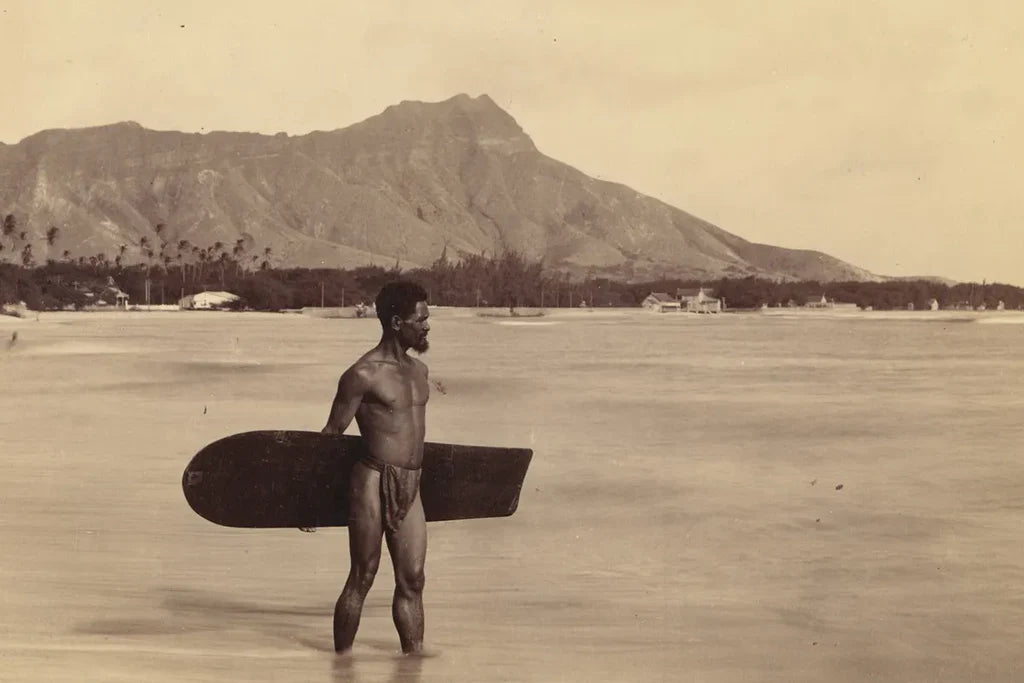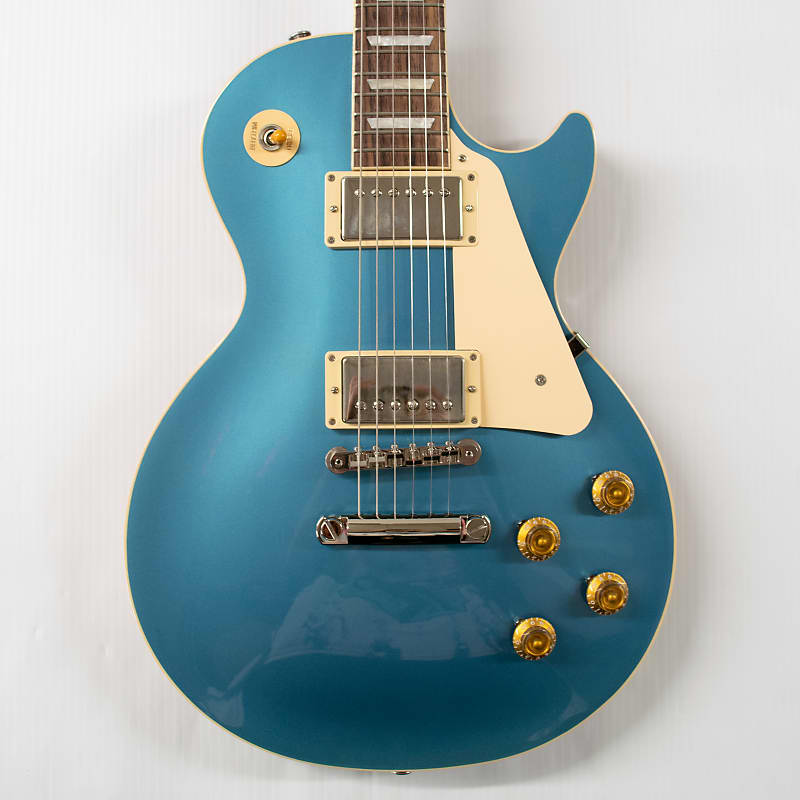American football has a long and storied history. The game initially evolved from two English sports, rugby and soccer.

It is generally accepted that the first football game was played between two collegiate teams, Rutgers and Princeton, on November 6th, 1869. Much more similar to soccer than football today, the game featured teams with 25 players and a round ball that couldn’t be picked up or carried. Reminiscent of soccer, the ball could be kicked or batted with the objective of advancing into the opponents goal. Rutgers won the first game 6-4.

A couple years later, in 1873, Yale, Columbia, Princeton, and Rutgers met to create a standard set of rules to play by. Harvard declined to join the conference as they preferred a derivative of rugby that allowed carrying and running with the ball.
In 1875, Harvard played Yale in an infamous game using their rugby style rules. Two observing Princeton players were impressed and soon after, Princeton, Harvard, Yale, and Columbia agreed to intercollegiate play using modified rugby rules.
Over time, the rugby-like rules evolved to reveal the game of football we know today. While football’s rules changed significantly over the past 150 years, it’s always been a violent sport. In 1905, President Theodore Rosevelt considered abolishing the game after 19 fatalities were recorded in a year.
This threat led to a sweeping set of rule changes including the introduction of the forward pass in 1906. Scoring was adjusted soon after, with 3 points being awarded for a field goal and 6 points for a touchdown. Over the next 100 years, while the game grew to become a national pastime, the rules changed nominally.
In 1939, 20 years after the NFL was established, Wilton Reach of Springfield, MA was granted a patent for a new football design. His design made the ball easier to grip and control through a new lacing structure and construction process. This wasn’t Milton’s only patent, he was granted many others for different sports equipment designs, particularly within golf.
Check out the patent







